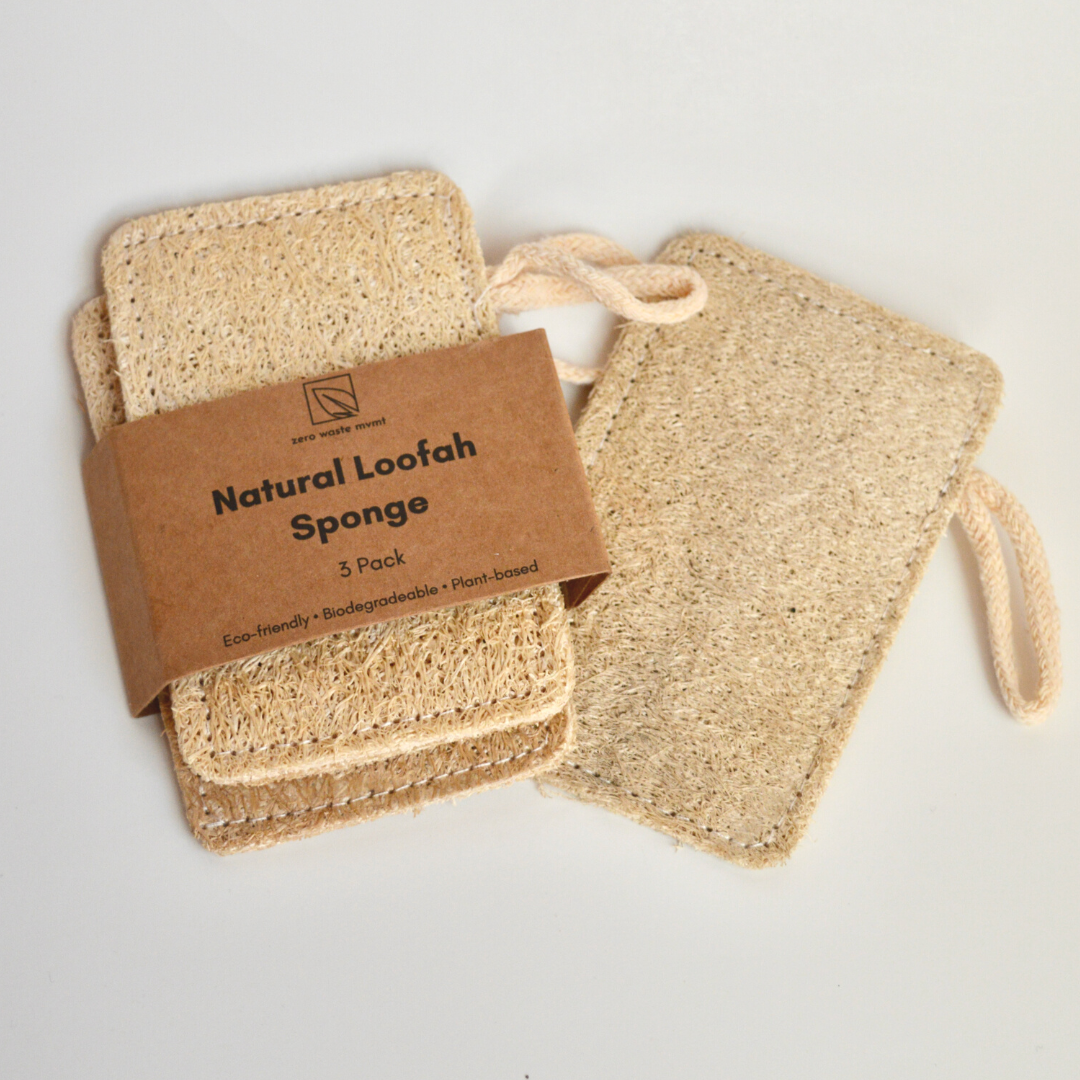Welcome to the world of eco-friendly gardening, where you can create a lush and vibrant oasis while minimizing your impact on the environment. Whether you're an experienced gardener or just starting out, these 10 tips will help you embrace sustainable practices and transform your outdoor space into a green haven.
1) Embrace Organic Gardening
Swap synthetic fertilizers and pesticides for organic alternatives. By using natural compost, homemade pest repellents, and companion planting, you can nourish your plants while protecting beneficial insects and soil health.
2) Conserve Water
Water is a precious resource, so employ water-wise techniques in your garden. Install a rainwater harvesting system to collect rainwater for irrigation. Mulch your beds to retain moisture, and water your plants during cooler parts of the day to reduce evaporation.
3) Choose Native and Drought-Resistant Plants
Selecting plants native to your region ensures they are adapted to the local climate and require less water and maintenance.
4) Composting Magic
Create your own compost heap using kitchen scraps, yard waste, and fallen leaves. This rich organic matter will nourish your plants, improve soil structure, and reduce the need for synthetic fertilizers.
5) Attract Beneficial Insects
Invite nature's helpers to your garden by planting flowers that attract beneficial insects like bees, butterflies, and ladybugs. These pollinators will aid in fertilization, control pests, and contribute to a thriving ecosystem.
6) Implement Companion Planting
Strategic planting combinations can benefit your garden in many ways. For instance, growing marigolds with tomatoes can repel pests, while planting basil near peppers enhances their flavor. Explore companion planting guides to unlock the secrets of harmonious plant partnerships.
7) Say No to Plastic
Reduce plastic waste by avoiding disposable pots, trays, and garden tools. Opt for biodegradable or reusable alternatives made from materials like terracotta or bamboo. Recycle old containers creatively to give them a new purpose in your garden.
8) Go Chemical-Free
Bid farewell to chemical-laden fertilizers and pesticides and opt for natural alternatives. Neem oil, soap sprays, and garlic solutions are effective against pests, while organic fertilizers like bone meal and seaweed extract provide essential nutrients.
9) Create a Wildlife Habitat
Transform your garden into a sanctuary for birds, butterflies, and small animals. Install bird feeders and houses, set up a shallow water source, and include native plants that provide food and shelter. Encourage biodiversity and witness nature's wonders.
10) Practice Seasonal Planting
Embrace the rhythm of nature by planting seasonal vegetables, fruits, and flowers. Seasonal gardening reduces the need for artificial heating, cooling, and lighting. Plus, harvesting your homegrown produce at its peak ensures maximum flavor and nutrition.
Eco-friendly gardening is a rewarding journey that allows you to connect with nature while preserving the environment. By implementing these ten tips, you'll be well on your way to creating a sustainable oasis that flourishes with life, beauty, and harmony. Remember, every small action in your garden contributes to a greener, more sustainable planet. Happy gardening!



